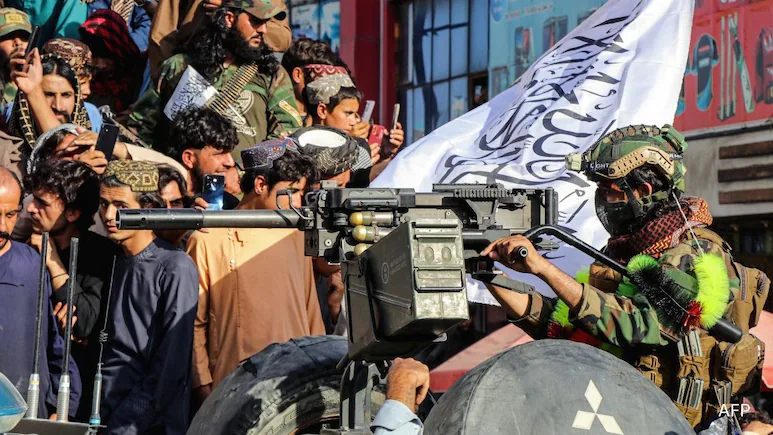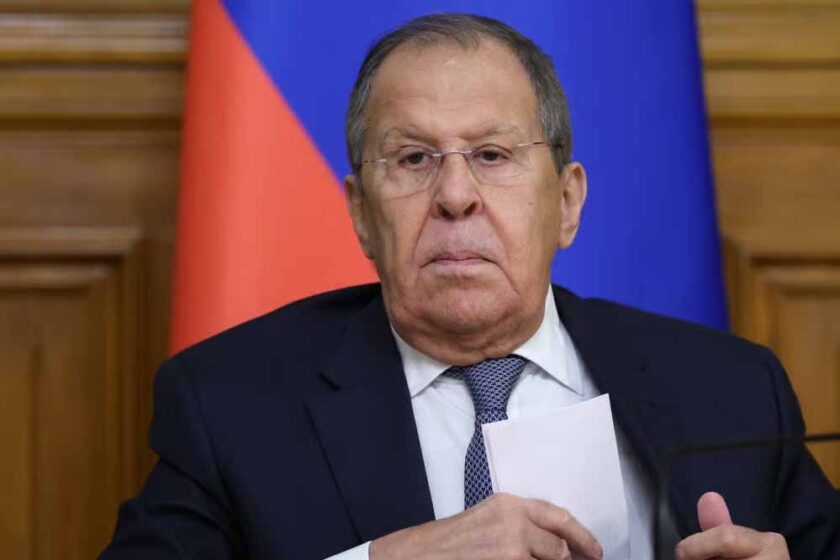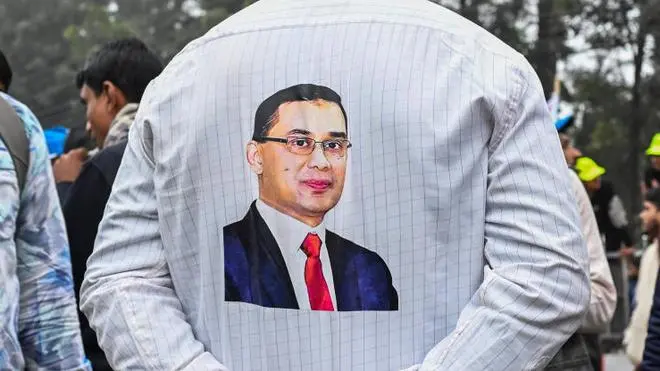Delhi: Tensions between Afghanistan and Pakistan have escalated sharply in recent months, pushing the South Asian region toward instability. Once bound by religious and strategic affinities, relations between the two neighbors have deteriorated to the point of cross-border shelling and military confrontations. Three years after the Taliban assumed power in Afghanistan, the ideological friendship with Pakistan has turned into a serious dispute, raising fears of a potential full-scale conflict.
When the Taliban returned to power in August 2021 after the U.S. military withdrawal, Pakistan was among the first to offer recognition and support. Islamabad had hoped that a stable Taliban government would strengthen its “strategic depth” and keep India at bay in Afghanistan. However, the reality has proven the opposite. Pakistan has faced both security and ideological challenges from Afghanistan, particularly over the Tehrik-e-Taliban Pakistan (TTP). Islamabad has long accused TTP of carrying out terrorist attacks from Afghan soil, but the Taliban regime rejects these claims. The Taliban argue that Pakistan targets Afghanistan to divert attention from domestic unrest, while Pakistan maintains that TTP militants continue to attack its security forces from Afghan territory. Recent months have seen dozens of security personnel killed in Khyber Pakhtunkhwa and Balochistan, prompting Pakistani cross-border airstrikes and a further deterioration of bilateral ties. Both countries have now deployed additional troops along their borders.
Afghanistan’s Taliban government is heavily influenced by hardline elements like the Haqqani Network, who oppose Pakistan’s longstanding interventions in Afghan politics. Taliban spokespersons have repeatedly asserted that Afghanistan will no longer be a “subservient” nation to any country—a stance that unsettles Pakistan, which historically exercised influence through its ISI agency. Interestingly, Afghanistan’s ties with India have strengthened, with New Delhi gradually reactivating its Kabul mission since 2022, supporting humanitarian, education, and health projects. The Taliban have welcomed India’s technical assistance and refrained from commenting on Kashmir, causing concern in Islamabad over Afghanistan’s growing proximity to India.
Ideological differences have also come to the forefront. While the Taliban promote Afghan nationalism within their Sharia-based governance, Pakistan seeks to maintain control. Several Taliban leaders have openly declared that Afghanistan’s policies will now be determined from Kabul, not Islamabad. In retaliation to Pakistan’s measures—including restrictions on cross-border trade, refugee movements, and Afghan visa controls—the Taliban have limited Pakistani movement across Afghan borders. Historical disputes over the Durand Line, which Afghanistan refuses to recognize as an international border, have further heightened tensions, recently resulting in border fencing incidents and exchanges of fire.

These developments have severely affected the local populations, particularly Pashtun communities split across both countries. Trade routes are closing, economic crises are deepening, and the risk of a wider military conflict looms. Pakistan is already facing an economic slowdown, while Afghanistan remains under international sanctions. Any open conflict could destabilize South Asia further and impact strategic interests of China, Russia, and Iran. India has maintained a neutral stance, calling for regional peace and mutual respect, which strategically positions New Delhi as a stabilizing force.
Experts note that Pakistan’s foreign policy has long relied on “strategic assets” like the Taliban as instruments of influence. Today, the same groups have turned against it. By combining nationalism with governance, the Taliban are seeking international recognition, while Pakistan struggles with domestic instability and economic woes. As trust erodes, the Afghanistan-Pakistan relationship has shifted from dialogue to mutual suspicion. Without a swift resolution, this standoff risks escalating beyond border skirmishes into a major regional crisis for South Asia.










